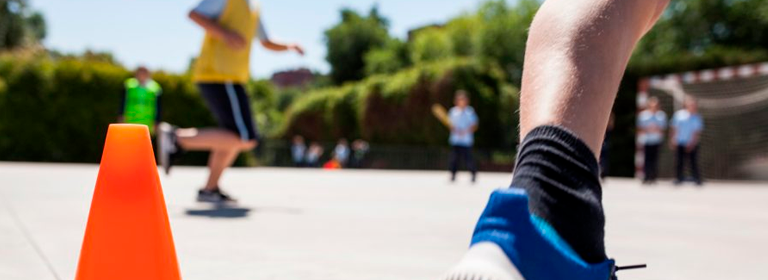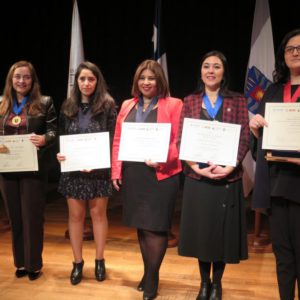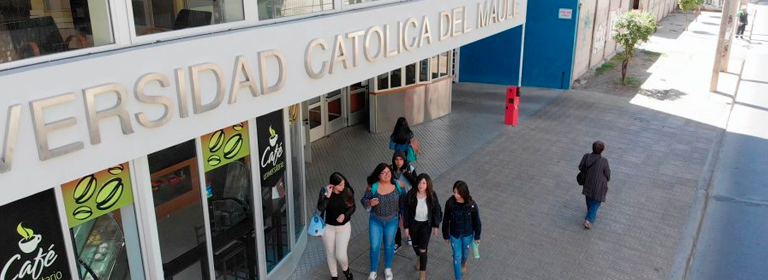Dr. Jaime Vásquez-Gómez from CIEAM, at the Universidad Católica del Maule, will undertake a postdoctoral fellowship in Spain after being awarded one of five scholarships offered in Chile by a Spanish institution.
 Primary school students will take part in an innovative research project led by Dr. Jaime Vásquez-Gómez, an academic at the Maule Center for Research and Advanced Studies (CIEAM), during a three-month scientific stay at the University of Barcelona (UB) in Spain.
Primary school students will take part in an innovative research project led by Dr. Jaime Vásquez-Gómez, an academic at the Maule Center for Research and Advanced Studies (CIEAM), during a three-month scientific stay at the University of Barcelona (UB) in Spain.
The initiative is part of a prestigious training program run by the Carolina Foundation, which this year offered five scholarships through the Council of Rectors of Chilean Universities (CRUCH), made up of 30 institutions nationwide. The UCM was awarded two.
“I applied to the University of Barcelona through a researcher there, Dr. Albert Batalla Flores, who belongs to the Department of Applied Didactics in the Faculty of Education. The project is linked to the field of education, human development, and society, which is one of the UCM’s priority areas of research,” explained Vásquez-Gómez.
The proposal, which will be implemented between September and December, will focus on how physical activity and motor skills affect the cognitive functions of primary school students. The hypothesis is that greater motor richness—that is, a wide variety of movement experiences in childhood—is directly related to better academic performance.
“Physical activities such as running, jumping, or manipulating objects not only stimulate physical fitness, but also activate cognitive processes that are fundamental to learning,” said the researcher.
 The intervention will consist of classroom sessions for pre-adolescent children, focusing on playful activities involving locomotion, jumping, and throwing, during physical education classes in schools in Barcelona.
The intervention will consist of classroom sessions for pre-adolescent children, focusing on playful activities involving locomotion, jumping, and throwing, during physical education classes in schools in Barcelona.
In addition to generating applied knowledge, Vásquez-Gómez hopes to adapt the experimental model to the Chilean reality. “One of the most important projections is to transfer this experience to educational establishments in our country, ideally starting in 2026, through projects with internal or external funding,” he concluded.













